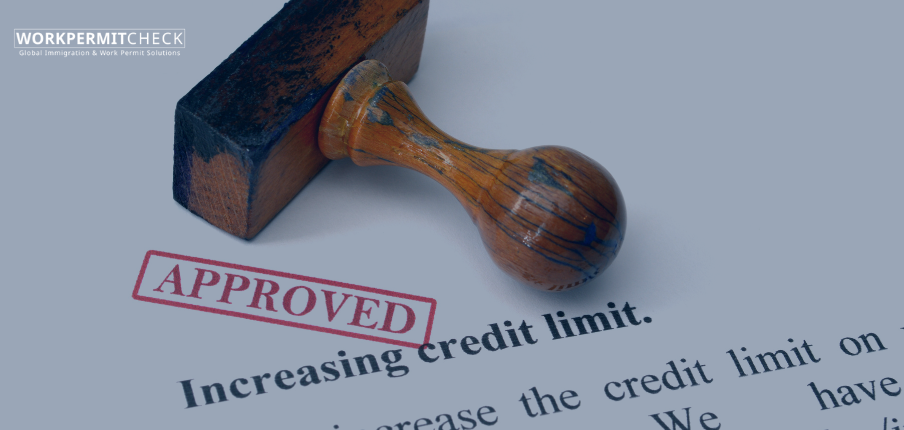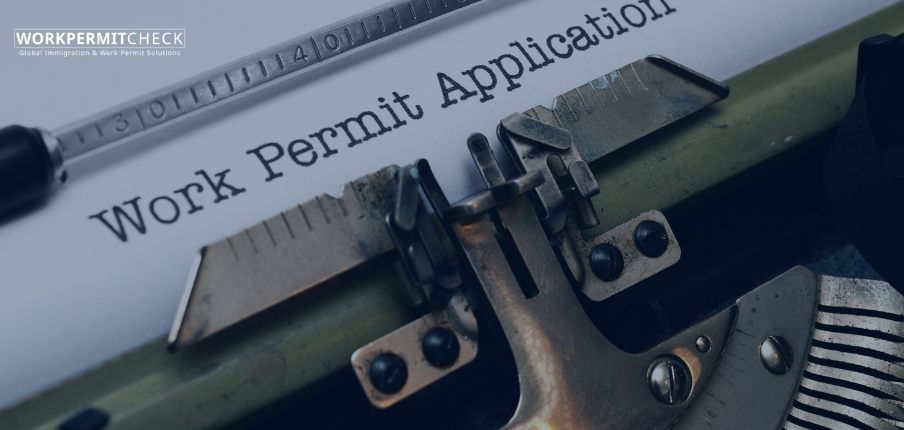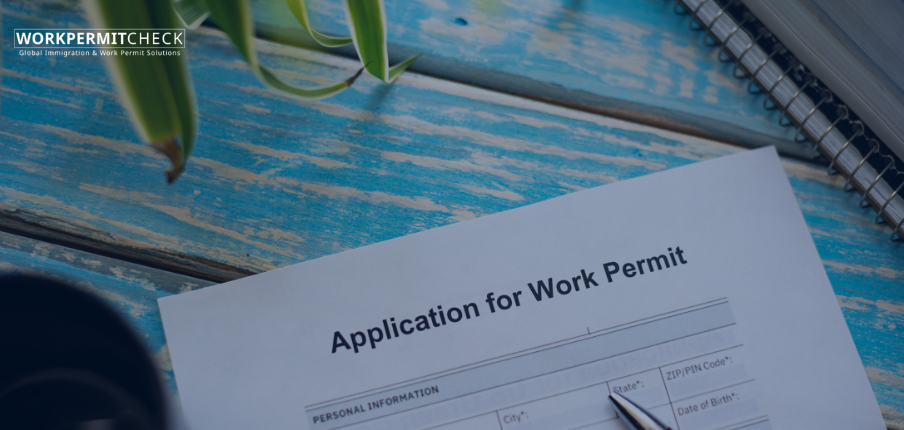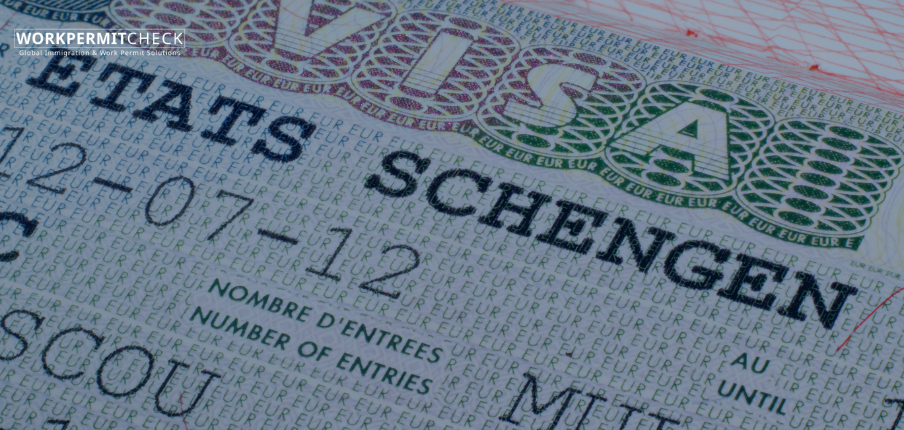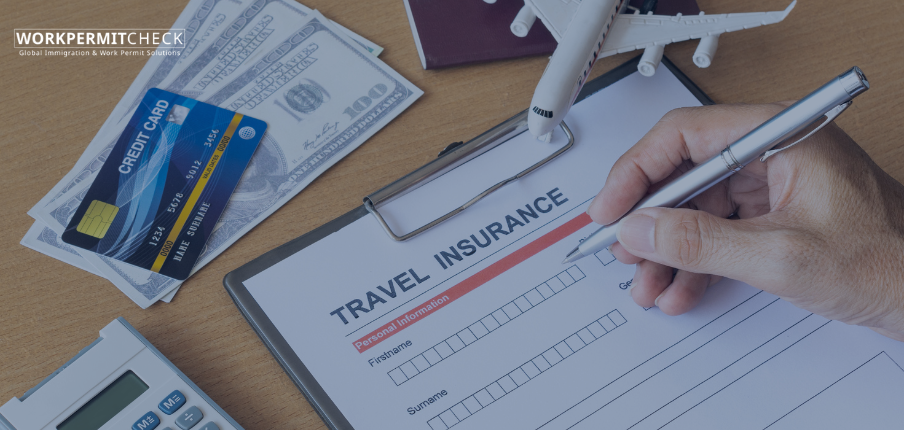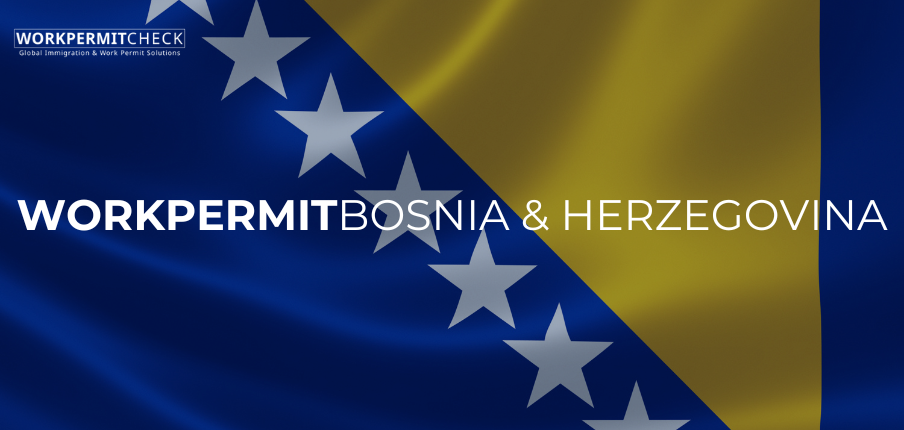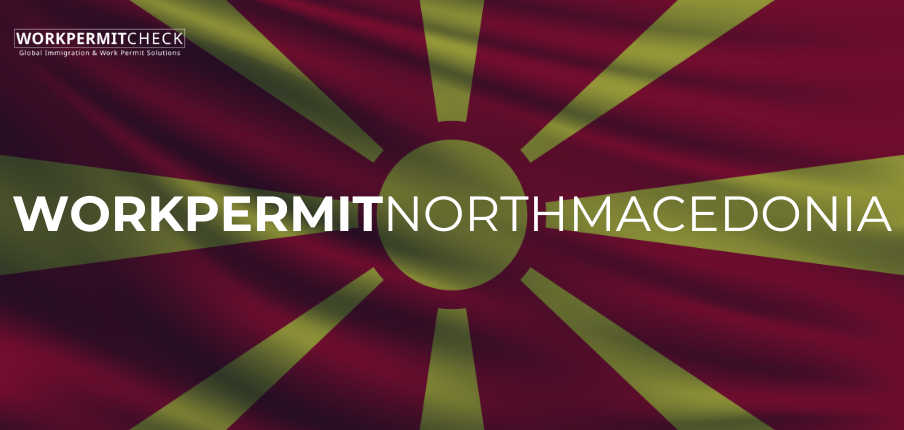France is one of Europe’s most sought-after destinations for international professionals, offering a robust labor market, a strong legal system, and a high quality of life. However, navigating the legal requirements to work in France is essential before taking up employment. One of the primary concerns for foreign nationals is understanding who needs a work permit to work legally in the country.
Who Needs a Work Permit in France?
1. Non-EU/EEA and Non-Swiss Nationals
If you are a national from a country outside the European Union (EU), European Economic Area (EEA), or Switzerland, you are required to obtain a work permit before working in France. This applies whether you intend to work short-term, long-term, or on a seasonal basis.
Work permits are generally linked to a specific job offer, and the employer must usually initiate the application through the French labor authorities.
2. EU/EEA/Swiss Nationals
If you are a citizen of the EU, EEA, or Switzerland, you do not need a work permit to work in France. You are free to live and work in France without a visa or permit, although you may be required to register with local authorities or provide proof of employment or resources.
Special Cases Where a Permit May Still Be Required
a) Students from Non-EU Countries
Non-EU students enrolled in French institutions may work part-time up to 964 hours per year (around 20 hours per week) without a separate work permit, but must have a valid student residence permit.
b) Researchers and Academics
Certain researchers and scientists may qualify for specific residence permits such as the Talent Passport – Researcher, which includes work authorization.
c) Interns and Trainees
Internships in France by non-EU nationals generally require a temporary work authorization as part of the internship agreement (convention de stage).
d) Asylum Seekers
Asylum seekers in France may apply for a work permit after waiting a specific period (usually six months) and if their application is under consideration.
Categories That Are Typically Exempt
Some foreign nationals may be exempt from needing a work permit depending on bilateral agreements between France and their home countries or if they fall under specific visa categories, such as:
-
Diplomatic or consular staff
-
Certain business travelers
-
Short-term visitors conducting limited activities like attending conferences
Employer's Responsibility
For non-EU nationals, the employer in France usually submits the work permit application to the local DIRECCTE (Regional Directorate for Enterprises, Competition, Consumption, Labor, and Employment). Once approved, the employee can proceed to apply for a visa and residence permit.
Conclusion
Understanding whether you need a work permit to work in France depends primarily on your nationality and the nature of your employment. While EU nationals have freedom of movement and employment, non-EU citizens must navigate a more structured application process, often requiring employer sponsorship. Failing to obtain proper authorization can lead to penalties for both the employer and the worker.
Disclaimer:
This article is for informational purposes only and does not constitute legal advice. For the most accurate and up-to-date guidance, consult the official website of the French government or a qualified immigration professional.


